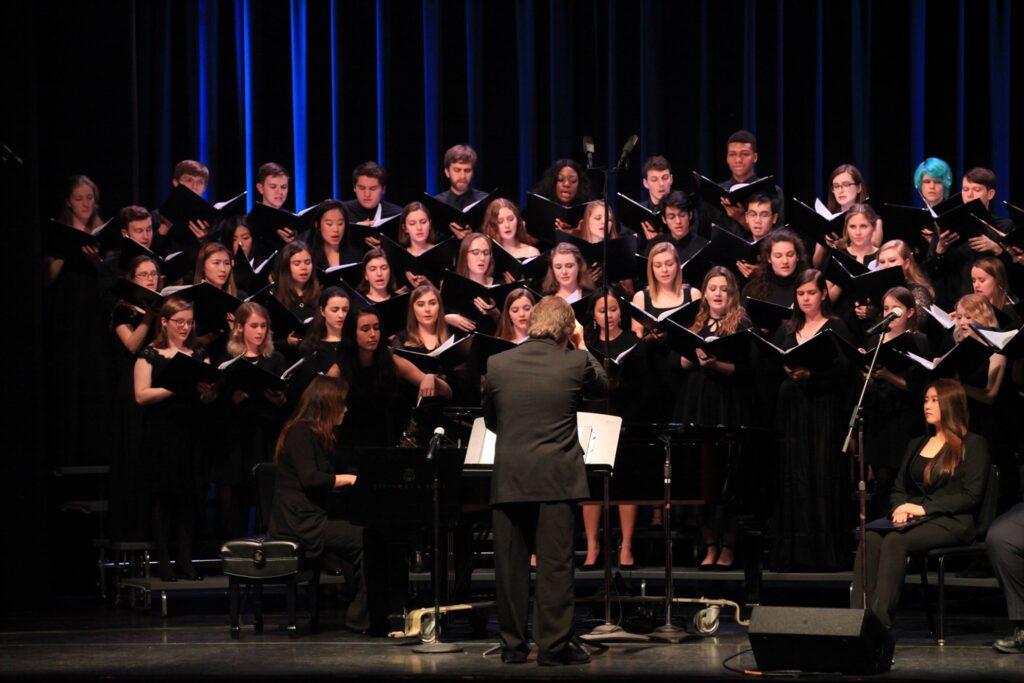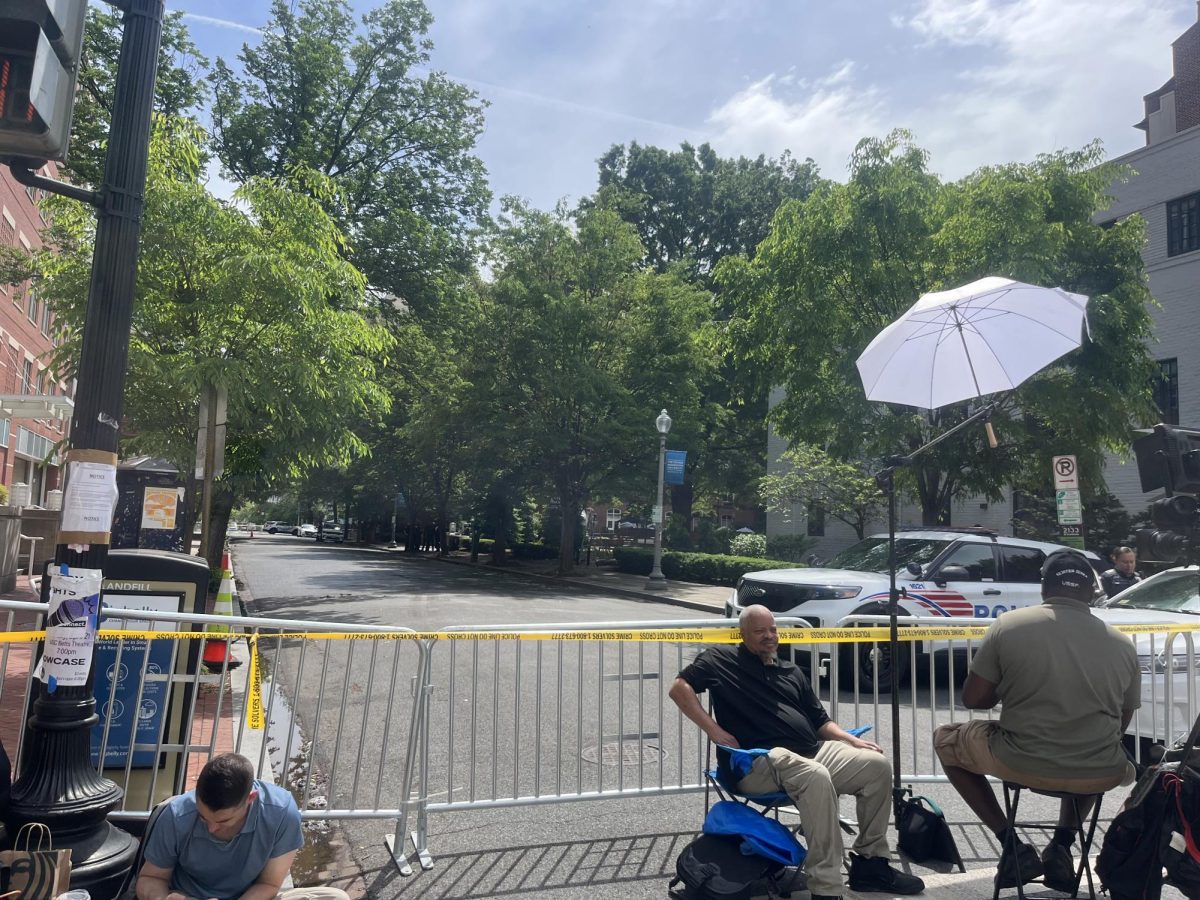The Georgetown University Choir and Orchestra will perform the in-person world premiere of “Credo,” composed by Margaret Bonds, composer and social justice activist.
Bonds, who was one of the first Black performers and composers in the United States to receive recognition for her work and the first Black soloist to perform for the Chicago Symphony Orchestra, wrote “Credo” in the 1960s. In her life, Black American musicians kept Bond’s name alive while white-dominated and male-dominated systems attempted to erase her presence and devoted efforts to promote other artists including her own students over Bond’s own work. The song draws on the opening text from civil rights activist W.E.B. DuBois’ “Darkwater: Voices Within the Veil,” which highlights the conflict between white and Black workers.
Georgetown University acquired “Credo” along with other unpublished scores composed by Bonds’ in 2013 and 2016.

Much of Bonds’ musical composition was inspired by the powerful notions of justice and equality outlined by leaders of the Harlem Renaissance and the civil rights movement, according to Fred Binkholder, a professor in the department of performing arts and director of choirs at Georgetown University.
“It’s a subtle idea of civil rights, of standing up for her heritage.” Binkholder said in an interview with The Hoya. “If you listen to her solo music, even a lot of her piano music, they have these spiritual ideas of promoting the heritage of African Americans in this thematic idea.”
Dr. John Michael Cooper, a professor of music at Southwestern University, who had been searching for compositions of Bonds for years, said he was moved by her music.
“I first heard her music, the ‘Three Dream Portraits’ on texts of Langston Hughes, when I was a Master’s student in the mid-1980s, and I was thunderstruck by its beauty, its originality, its eloquence and passion,” Cooper wrote to The Hoya. “Because it was highly unlikely that anyone who could write that music would be a one-trick composer, I immediately went looking for more. I found dictionary entries and the like that made clear that Margaret Bonds was a prolific composer, but I could only locate a tiny handful of pieces.”
Cooper, who edited over 100 of her compositions, said Bonds’ work is a testament to her musical legacy in a world that systematically erased her.
“Black American musicians kept her name and her reputation alive, but the White-dominated and male-dominated systems of classical music and classical music criticism in the U.S. devoted all their efforts to promoting Barber, Bernstein, Copland, and even her student Ned Rorem,” Cooper wrote. “And so within a few years younger folk were no longer learning about Bonds; she disappeared from the White circles that write most of the music criticism in the U.S. and most of the music-history textbooks.”
Much of Bonds’ work has never been performed or recorded, according to Cooper.
Margaret Bonds’ musical repertoire is a testament to the contributions of Black Americans to culture and society, according to Kenny Boggess (SFS ’24), a student in the department of choir and orchestra.
“Just as Black Americans formed the economic backbone of American society, they formed the backbone of our popular art, giving rise to musical and creative traditions that we see in everything from Bonds’ contemporary classical music to jazz and rock,” Boggess said in an interview with The Hoya.
The concert will be centered around Bonds’ music and her diligent artistic work for civil rights, according to Binkholder.
Beyond performing Bonds’ works, academics have begun to study the newly uncovered scope of her musical genius, according to Binkholder.
“I think it is almost criminal that it hasn’t been performed or accepted before. It is meaningful, and people are starting to delve into it,” Binkholder said. “Now, if you look up Bach, there’s probably 2000 dissertations on Bach’s music. Are there any dissertations on the music of Margaret Bonds? I’m hoping that this is going to open up an entirely new component not only to performance, but also to scholarship.”
The opportunity to perform a forgotten repertoire highlights an important aspect of American culture, according to Angel Gil-Ordóñez, director of the Georgetown University Orchestra.
“I think one of the reasons for this performance is to show that music of the early twentieth century was extraordinary,” Gil-Ordóñez told The Hoya. “It’s wonderful that the orchestra and the choir are performing classical composers from the 19th century, but this is music that has to be performed. And more importantly, this is music with American roots. This is very American.”
The concert will be held in Gaston Hall on April 2 and will feature the Georgetown orchestra and choir.




















